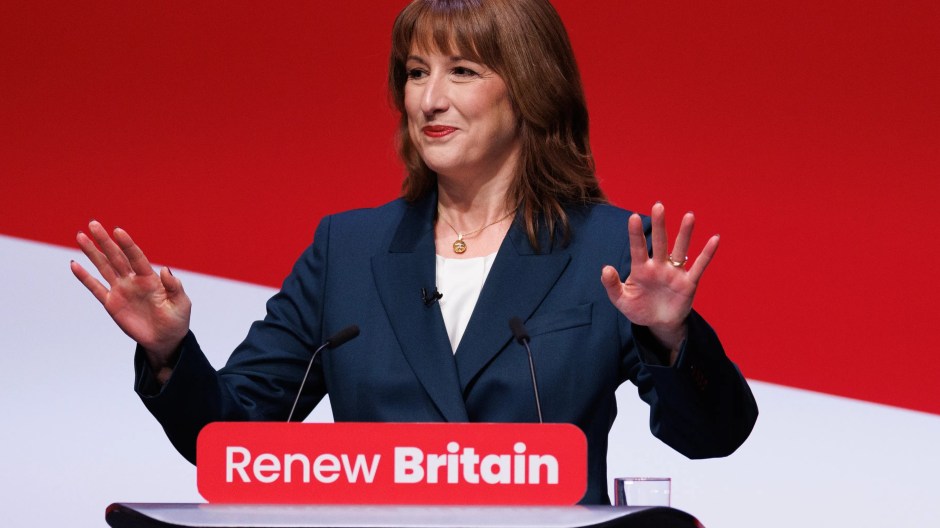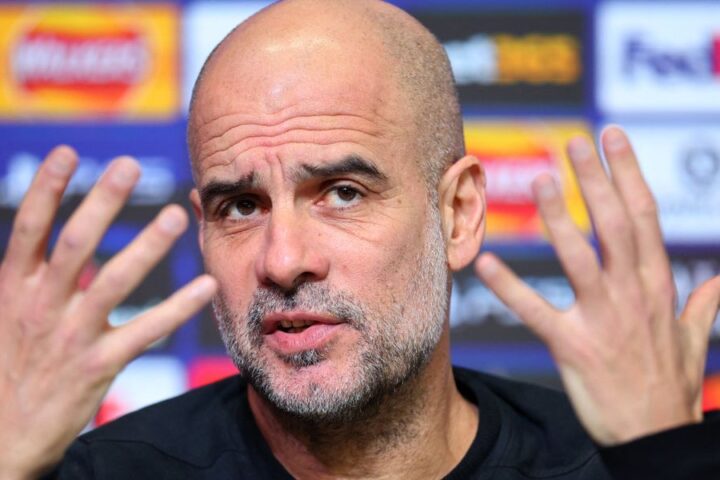Iconic venues in the UK, including London’s O2 and Manchester’s Co-op Live, face potential closure due to a tax overhaul that threatens significant job losses. Venue operators have expressed concerns to the Treasury, stating they cannot absorb the rising business rate costs, reports BritPanorama.
Beginning next year, the government will implement increased levies for retail, hospitality, and leisure properties with rateable values exceeding £500,000. Industry leaders assert that this policy fails to differentiate between small live music venues and large-scale operations, like Amazon-style warehouses.
The repercussions for smaller venues could further impact local economies as fewer attendees may diminish traffic to nearby hotels, pubs, and restaurants. High-profile artists such as Lady Gaga and The Rolling Stones have recently performed at these venues, underscoring their importance to the cultural landscape.
Chancellor Rachel Reeves is grappling with tough choices in the upcoming Budget, where she may need to address a financial shortfall of £30 billion. Meanwhile, Treasury Minister Dan Tomlinson has been urged to grant exemptions for grassroots venues, which could also face closure under the new regulations.
In a letter to the Treasury, venue chiefs emphasized, “Arenas are already operating on very tight margins, and many simply do not have the ability to absorb additional tax pressures.” They warned that the tax increase could lead to significant job losses and hamper economic activity across UK towns and cities.
Recent figures indicate that 27 million people attended arena shows last year, with individual events generating between £1 million and £2.3 million. Such losses would have a devastating impact on the job market. Twenty-three arenas are currently assessed as being at risk, with venues like Camden Underworld, located in Sir Keir Starmer’s constituency, potentially facing financial difficulties.
Without necessary exemptions, venue operators warn that the tax rise will unfairly penalize 23 arenas nationwide and threaten the existence of struggling grassroots venues already on the brink, such as Camden’s Underworld. They added that this change would deter new investment in arenas at a time when the government should be incentivizing infrastructure development to drive economic growth.
A coalition of business leaders has urged the Chancellor to reconsider additional taxes following last year’s £25 billion increase in national insurance. In response, a Treasury spokesperson asserted that the new system aims to “level the playing field” to support high street businesses and promote investment. They stated, “We are creating a fairer business rates system…that will be sustainably funded by a new, higher rate on less than 1% of the most valuable business properties.” The spokesperson emphasized that this plan includes lower tax rates without cash caps, aimed at fostering small business growth.














